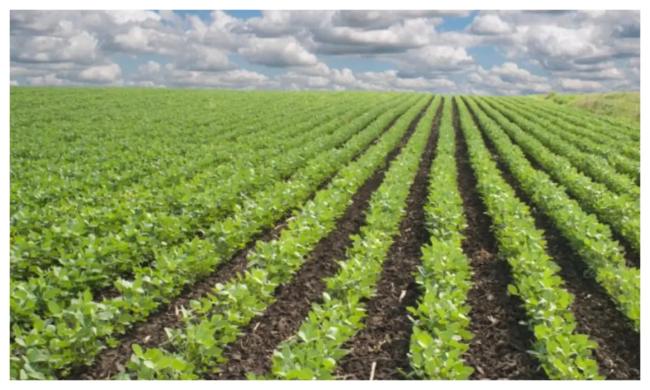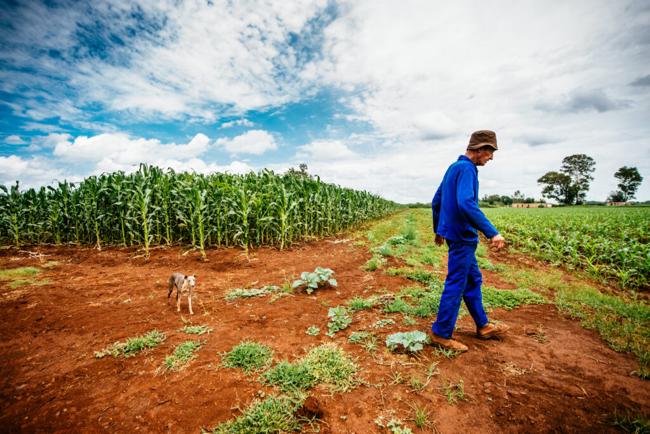Summary
In a bid to tackle the challenges of climate change, food insecurity and unemployment in West Africa, the Economic Community of West African States,
Source: Daily Post Nigeria

AI News Q&A (Free Content)
Q1: What are the key features of ecological organic agriculture, and how is it distinct from conventional farming in West Africa?
A1: Ecological organic agriculture emphasizes the use of naturally occurring, non-synthetic inputs such as compost, green manure, and biological pest control, while prohibiting synthetic pesticides, fertilizers, and genetically modified organisms. This approach seeks to enhance soil fertility, biodiversity, and sustainability. In contrast, conventional farming often relies on synthetic chemicals and monoculture practices, which can negatively impact environmental health. Organic standards are internationally and nationally regulated, and in 2022, around 96 million hectares worldwide were managed organically, representing about 2% of total farmland.
Q2: How has ECOWAS addressed food insecurity and youth unemployment in West Africa through ecological organic agriculture training initiatives?
A2: ECOWAS has implemented training programs on ecological organic agriculture to tackle food insecurity and youth unemployment by equipping young people with skills in sustainable farming methods. These initiatives aim to boost local food production, reduce reliance on imports, and encourage agripreneurship among the youth, ultimately improving livelihoods and food security in the region.
Q3: What are the most recent technological innovations being integrated into agriculture in Africa, and what impact have they had on productivity?
A3: Recent technological innovations in African agriculture include the adoption of ICT tools such as mobile-phone-based services, text and voice messaging, and radio broadcasts to disseminate agricultural information. These tools help farmers access timely data on weather, markets, and crop management, leading to improved productivity. However, challenges remain in terms of infrastructure, policy, and user training, which limits the widespread adoption and effectiveness of these innovations.
Q4: What are the economic benefits and challenges associated with the adoption of organic agriculture in West Africa?
A4: Organic agriculture in West Africa offers economic benefits such as access to premium markets, increased farm income, and reduced dependency on costly synthetic inputs. However, challenges include lower yields compared to intensive conventional farming and higher labor requirements. The transition period to organic certification and the need for knowledge transfer also present economic hurdles for smallholder farmers.
Q5: How does ecological organic agriculture contribute to sustainability and climate change mitigation in the West African context?
A5: Ecological organic agriculture enhances sustainability by promoting soil health, increasing biodiversity, and reducing pollution from synthetic chemicals. It also mitigates climate change impacts by sequestering carbon in soils and minimizing greenhouse gas emissions. Although African agriculture contributes only about 10% to global agricultural GHG emissions, the region remains highly vulnerable to climate change, making sustainable practices particularly important.
Q6: Based on recent scholarly research, what role do information and communication technology (ICT) innovations play in supporting agricultural development in Africa?
A6: A systematic literature review published in 2020 found that ICT innovations, particularly mobile-based services, have improved access to agricultural information for rural farmers in Africa. These technologies help bridge information gaps, provide market and weather updates, and support decision-making. However, their full potential is constrained by inadequate infrastructure, policy gaps, and limited user capacity.
Q7: What does the latest research indicate about the effects of climate change on agriculture in Africa, and how can innovative agricultural practices help address these challenges?
A7: Recent research indicates that while Africa contributes a small fraction to global agricultural greenhouse gas emissions, it faces disproportionate adverse effects from climate change, including reduced yields and increased vulnerability. Innovative practices such as ecological organic farming and the integration of technology can enhance resilience, improve resource use efficiency, and support adaptation to changing climatic conditions.
References:
- Organic farming - Wikipedia: https://en.wikipedia.org/wiki/Organic_farming





